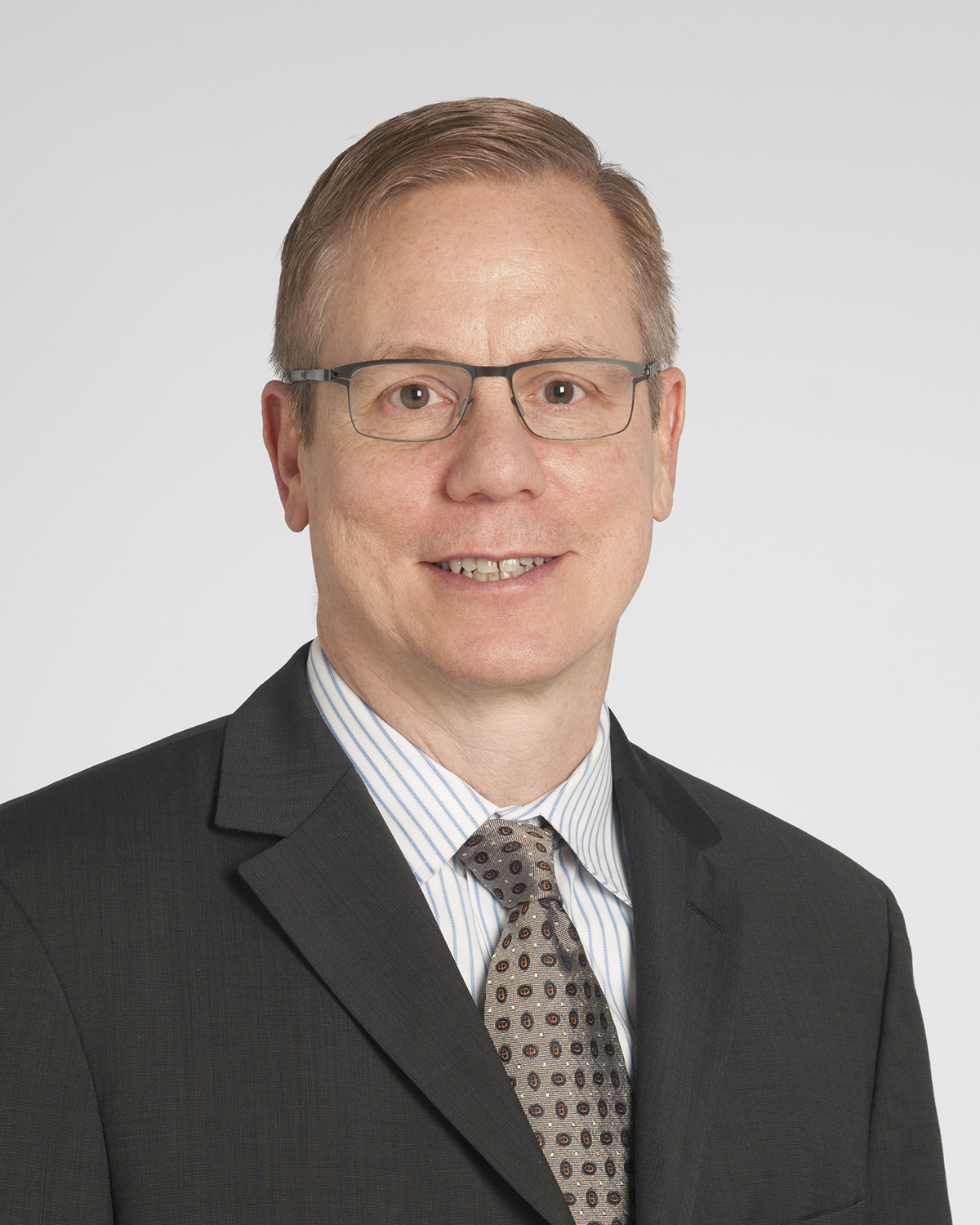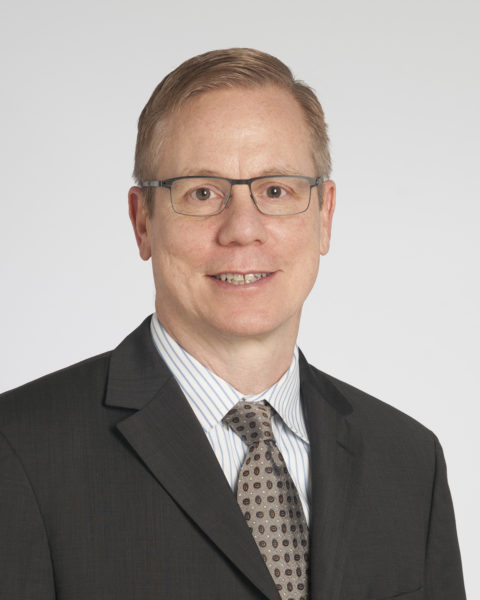
05 Jun TSRC Town Talk: “Road Less Traveled: Rare Cancers As Windows,” 6/11
The Telluride Science Research Center hosts Dr. Brian Rubin of the Cleveland Clinic. His talk, titled “The Road Less Traveled: Why studying rare cancers is so important,” opens a 7-week series of Town Talks presented by TSRC. The event takes place at the Telluride Conference Center in Mountain Village on Tuesday, June 11, 2019, 6:30 p.m. Admission is free; cash bar opens at 6 p.m. Each talk is followed by an interview and Q &A session moderated by Emmy- and Peabody Award-winning television correspondent and professor emerita of broadcast journalism at USC’s Annenberg School of Communication and Journalism, Judy Muller.

Dr. Brian Rubin
According to the National Cancer Institute, the number of worldwide cancer diagnoses is expected to reach 23.6 million per year by 2030. If not affected directly, most people will affirm the fact that cancer has touched someone they know or love. On the plus side, the survival rate of cancer patients is also on the rise. Thanks to modern technology, innovative treatment methods, and dedicated doctors and scientists, the number of U.S. cancer survivors is expected to reach 20.3 million in 2026, up from an estimated 15.5 million in 2016.
And those positive numbers may increase even more thanks to a meeting happening right here in our own backyard.
The week of June 10th, a group of distinguished scientists specializing in cancer research are meeting in Telluride for the third annual workshop titled “YAP/TAZ and TEAD: At the Crossroads of Cancer.” The list of prestigious institutions and scientists participating includes: Dr. Guy Weinberg (Professor of Anesthesiology at the University of Illinois); Dr. Bob Valeras (Associate Professor at Boston University researching cancer cell biology); and Dr. Ann Marie Pendergast (The Anthony R. Means Cancer Biology Professor at Duke University School of Medicine); along with many others.
According to Weinberg:
“The YAP/TAZ workshop brings together global scientific leaders in the basic biology of YAP/TAZ to identify ways to thwart the expression of these mutations, which usually occur in the setting of many other cancer-causing genetic alterations.”
Another of the major scientists attending the Telluride gathering is Dr. Brian Rubin, an acclaimed Professor and Chairman at the Cleveland Clinic’s Lerner Research Institute, whose focus is on a form of cancer known as epithelioid hemangioendothelioma (EHE). At his Town Talk on June 11 Dr. Rubin will deliver a short TED Talk-style segment about EHE and the YAP/TAZ workshop before being interviewed by the Emmy- and Peabody Awarding-winning journalist, Judy Muller.
By targeting proteins, such as YAP and TAZ, triggers for certain types of cancers, scientists hope to put a stop to these illnesses altogether, at the same time kickstarting research on other types of cancers:
“TAZ is a master regulatory protein, which is controlled very tightly in a normal cell. Once it gets into the nucleus, it does its job, – which is to promote growth and other characteristics of cancer cells. If we could stop the protein from doing its work when it invades the nucleus, or keep it from getting into the nucleus altogether, we would have an effective strategy for therapy. So, we’re all trying to develop drugs that do just that,” said Dr. Rubin.
Dr. Rubin has worked specifically with the TAZ mutant protein in cases of EHE, considered an extremely rare form of cancer. To clarify, the National Organization for Rare Disorders defines “rare” as an affliction that affects fewer than 200,000 Americans. Regarding EHE, Dr. Rubin estimates there are no more than 1,000 patients in the U.S. who are impacted by this variety of cancer at any one time.
“If you think about a common cancer, like breast cancer, any given community is going to have in its population a relatively large number of patients, so the disease will touch a lot of lives locally, but with rare cancers, people generally feel alone and at a loss.”
So then, why focus on EHE and other rare cancers if these afflictions impact such small populations?
In general, cancer stems from genetic mutations, or unwanted variations in our DNA. Overtime, scientists have discovered that rare cancers tend to be genetically simpler than the more common forms. The simplest case of EHE, for instance, comes from just one mutation, making the information encoded from the renegade gene much easier to study:
“I was drawn to these models (rare cancers) because I thought we had a good chance of understanding them, and then using them as stepping stones almost, to understand more complicated cancers.”
Everyday science is discovering more and more about cancer and all the different forms it takes on. Again, on Tuesday, June 11, find out how the work of Dr. Rubin, along with his colleagues at the TSRC, can get us one step closer to victory in our ongoing battle with the dreaded disease.
About TSRC & Town Talks:
TSRC Town Talks are free public presentations by world-renowned scientists on topics of great current importance in science, technology, education, and public policy. Each scientist’s talk is followed by an interview and Q&A session moderated by Emmy- and Peabody Award-winning television correspondent and professor emerita of broadcast journalism at USC’s Annenberg School of Communication and Journalism, Judy Muller.
With a network of over 5,000 preeminent scientists from over 90 countries and 500 institutions, TSRC generates the fundamental knowledge-base for new solutions in many fields, including energy, medicine, water, climate, national security, and advanced materials for computing and manufacturing.
To learn more about TSRC and the capital campaign to purchase the Telluride Depot as TSRC’s permanent home, visit telluridescience.org.


Mark
Posted at 19:56h, 06 JuneVery interesting